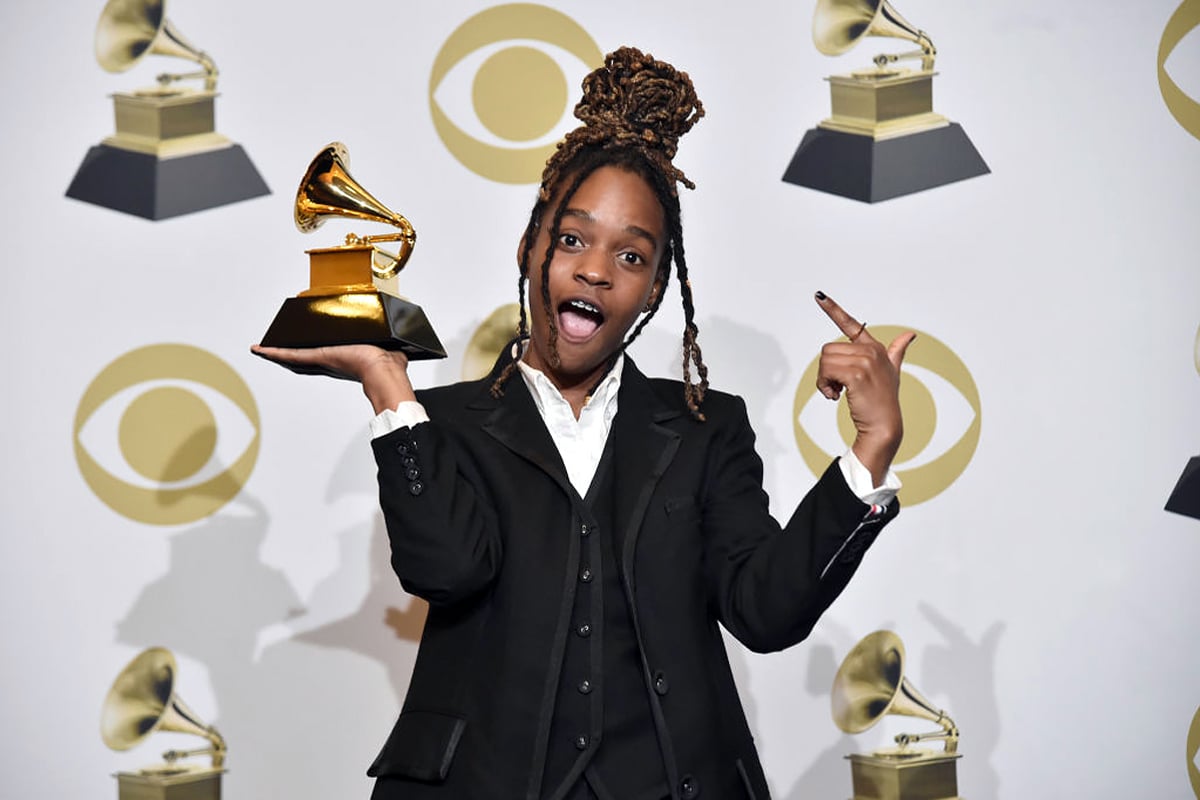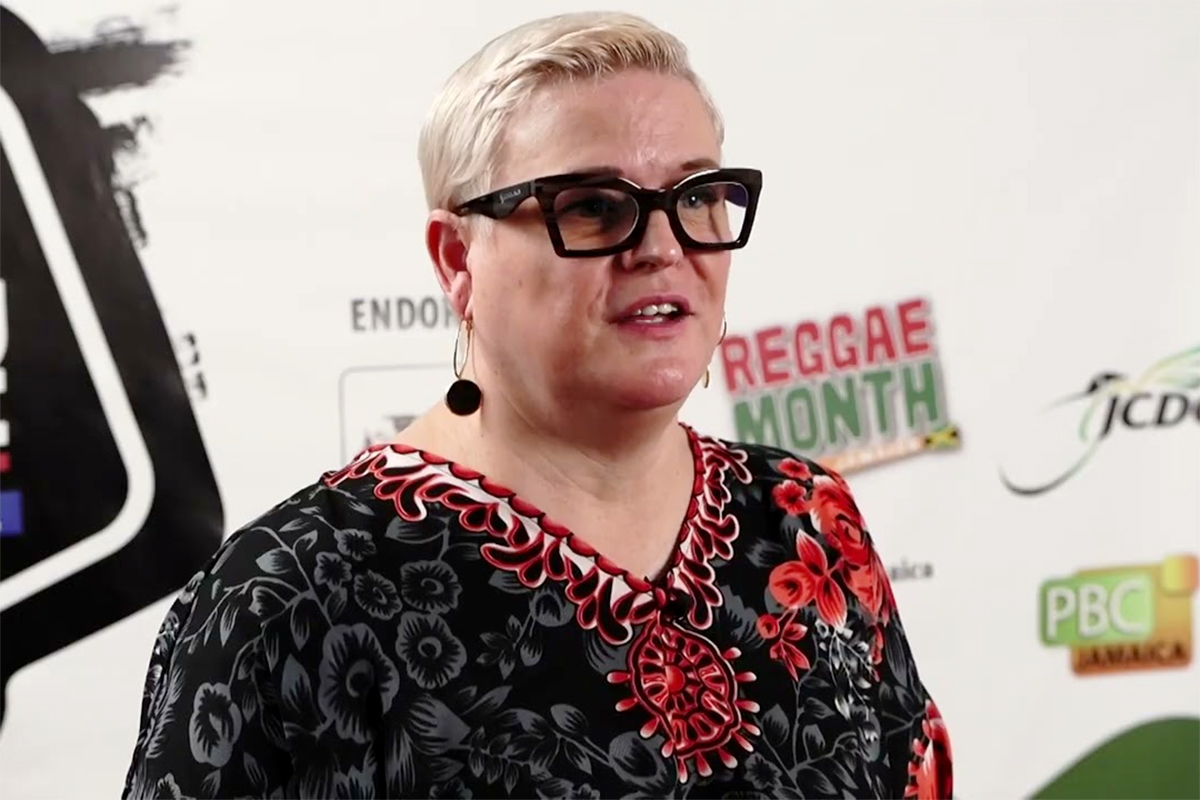Highly Unlikely Dancehall Will Ever Get Its Own Grammy Award Category

Grammy-nominated producer and music executive Cristy Barber is maintaining that it is highly unlikely Dancehall will ever get its own Grammy Award category, and that the focus right now ought to be spent on preventing the “Best Reggae Album” field which subsumes all Jamaican music, from being taken away.
According to Barber, the request for the two genres to be given separate categories has been made over and over for many years, but has not been considered by the Recording Academy.
“In the past people always asked for another category for us within our field. In the 90s, when I got involved with the Recording Academy, and in 2003 when I started this campaign, I put petitions in, and other people put petitions in to the academy to try to get another category,” she explained.
“Everybody wanted to do a Reggae category, a Dancehall category. Unfortunately, it never happened and I don’t actually ever see it happening for the simple fact that the Recording Academy – the main office is based in L.A. (Los Angeles). It’s a very small staff of people and the Academy tends to take away fields, not put more fields in. Because the more fields you put in the more categories involved, the more work that has to be done. So, you tend to see things get condensed, some names get changed. It is very difficult for a field to get another category,” she said.

As for the maintenance of the category, Barber who was speaking at a recent forum on Jamaican music, said that the data shows that the number of entries had dwindled during 2021.
“My concern is the preservation of our actual field is what we need to be worried about. Right now, we are going through a pandemic, where submissions across the board in all fields were very, very low. The biggest issue in our category this year is we only had 125 submissions. And lot of those submissions were one-riddim albums, which I absolutely love; I am a lover of Dancehall,” she explained.
“Unfortunately, within the Grammy scheme of things, it is an art form that is only known to Jamaica, so if we only had like 70-something artistes submissions this year and the rest were almost 50 one-riddim albums, the way that the Recording Academy could look at that is that we only had 70 submissions. And that is one of the key things that they look at when they are getting rid of fields and categories. If your submissions are low, you contend to lose your category,” she added.
The Grammy Awards are presented by the Recording Academy, an American “learned academy of musicians, producers, recording engineers, and other musical professionals, which via the Grammys, recognizes achievements in the music industry of songs and music which are popular worldwide, and is considered the most prestigious peer-voted music award in the world.
The 64th edition of the Grammys will take place on April 3, instead of the original January 31 date. This year’s staging will also be held in Las Vegas, Nevada, for the first time, with ten Jamaican artists nominated for one or more awards in four categories.
Five of the artists are vying for the Grammy in the Best Reggae Album category, namely Dancehall artist Spice for her album 10; Sean Paul for Live N Livin; songstress Etana for Pajoma; Jesse Royal for Royal; Gramps Morgan for Positive Vibration. American band Soja is also nominated in the category for Beauty in the Silence.
In February 2019, during Reggae Month, interim chairman of the Jamaica Reggae Music Industry Association (JaRIA), Michael ‘Ibo’ Cooper, had said that Reggae and Dancehall should not be separated at the Grammys.
In an address at JaRIA’s Reggae Open University, Cooper had said that lobbying for Dancehall as a category would “set back” Jamaican music.
“We don’t need a Dancehall category at the Grammys; that would set us back,” Cooper had said at the time, according to a Gleaner report.
“Dancehall people are being fooled about separating dancehall from reggae. Dem seh, ‘Oh, that (reggae) a old people style’. They are not standing on what was there before. If you look at Reggae as an umbrella category and Dancehall as an offspring, it’s an easier move than trying to build from scratch,” he said.
Cooper had also argued that including a new category would stir controversy regarding what was considered Dancehall.
“We’re always trying to create something instead of focusing on what we have and building that. You know how long rocksteady lasted for? Three years. Because in those days, we were always trying to create another thing,” he said.
“With Dancehall, people feel like it should sound a particular way, so it wouldn’t be long before people say, ‘Well, this is not Dancehall because it don’t sound like this or that’,” he added.
